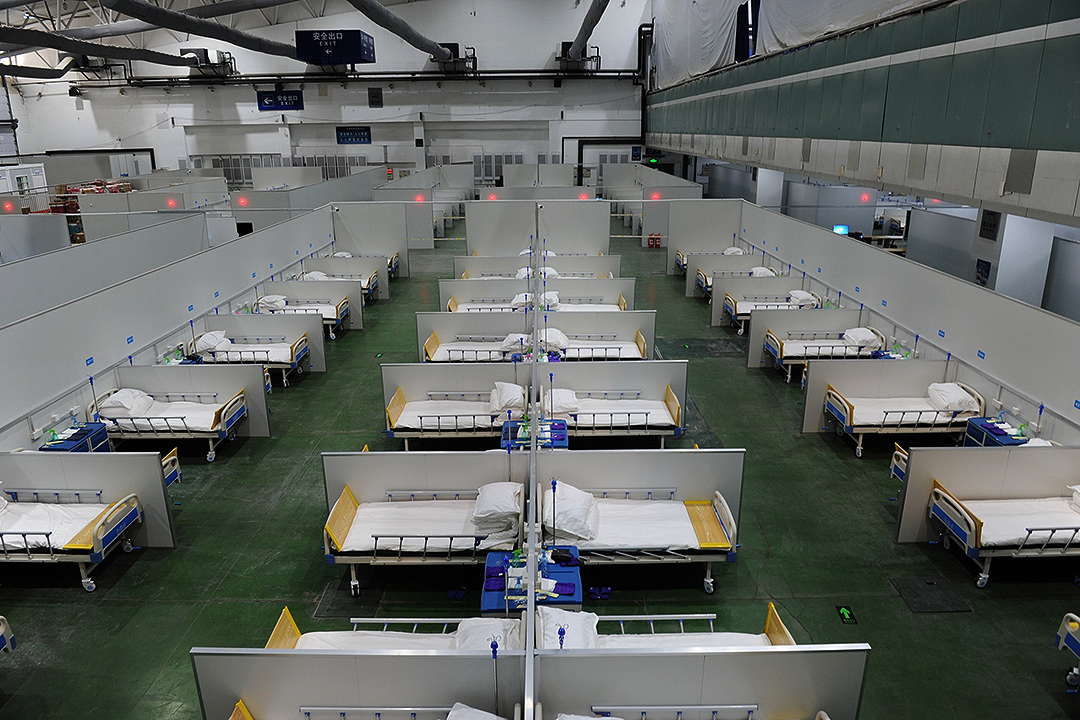The phone system you choose can be a make-or-break decision for your business. There are many things to consider when deciding between a VoIP phone and an analog phone, including cost, reliability and functionality. To help paint a more accurate picture of the advantages of VoIP phones, we'll provide a comprehensive comparison of VoIP phones and analog phones. Let's dig in!
1) Superior reliability
VoIP phones use VoIP technology which is Voice over Internet Protocol that relies on trusted and proven internet technologies with proven reliability. Analog phone technology is simply the process by which the technology takes an audio or video signal and translates it into electronic pulses. Obviously, VoIP is more reliable than analog technology.
2) Flexibility
VoIP phones can provide great flexibility by adding mobile options to networks including wired and wireless connections, which can also be deployed quickly without additional wiring installations. While analog phone lines require you to be fixed to one place.
3) Lower costs
With VoIP phones, your phone service bill will dramatically decrease due to low international calling rates, free calling features, and reduced deployment costs. Analog phones require some extra hardware and complicated set-up by a technician, plus expensive long-distance charges, so its installation and running costs are higher than the costs of VoIP phones.
4) Advanced call features
Except for basic functions from analog phones, VoIP phones provide more advanced call features, for example, Call Park, Call Monitoring, Multicast Paging and Call Pickup, which can help you to manage more calls and enhance your employee’s productivity.
5) HD voice
Another advantage of VoIP phones is that they offer considerably better sound quality than analog phones. This is due to the digital system’s compression of audio signals, which removes superfluous frequencies.
6) Easy installation, expansion, and management
Analog phones need a lot of metal wires or optical fiber telephone lines to establish a connection and transmit calls. Unlike analog phones, set up and deploy a VoIP phone in less than 10 minute. Simply power on the phone and connect it to the Internet, then you can achieve Auto Provisioning of VoIP phones. In addition, you can manage your VoIP phones centrally and remotely. Adding new extensions or upgrading a VoIP phone is effortless, which can meet the growing demand in the future.
In conclusion, the VoIP phone is a better choice among enterprises and small businesses. It provides businesses with the most scalable and secure ways to communicate. With today's reliable internet service, uptime is never an issue. Plus, it can cut costs by more than half.
Flyingvoice is a leading supplier of VoIP communication devices, in which VoIP phone has been widely used in hotels, hospitals and other industries. Flyingvoice IP phones with detailed features:
Integrated 2.4GHz Wi-Fi - Start a VoIP call even in wireless network.
HD Voice - Wideband G.722 and Opus are supported.
User centered design of a desk phone / cordless phone / phone for seniors.
3/6-Way conference - build a conference call that supports up to three/six parties from remote.
Flyingvoice IP phones:

- Exploring Flyingvoice IP Phone Features: From Basic to Advanced Functionalities
- Flyingvoice USB Recording: Convenient and Efficient Communication Records
- Unveiling the Advanced Remote Text Messaging Functionality on Flyingvoice IP Phones
- Effortless SMS with Flyingvoice IP Phones
- Flyingvoice P1X Series IP Phones vs FIP1X Series IP Phones








 Back to list
Back to list
